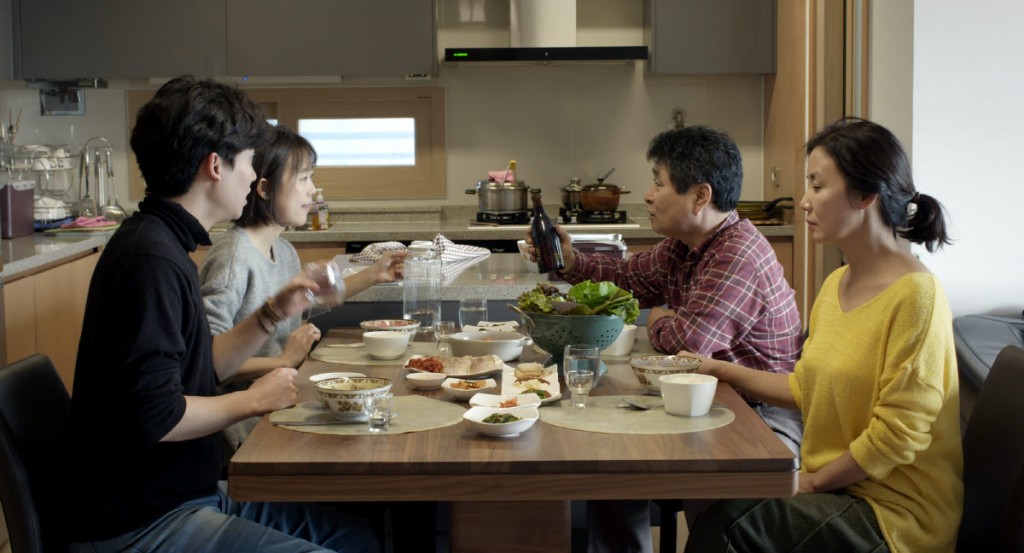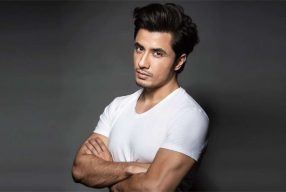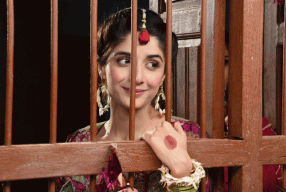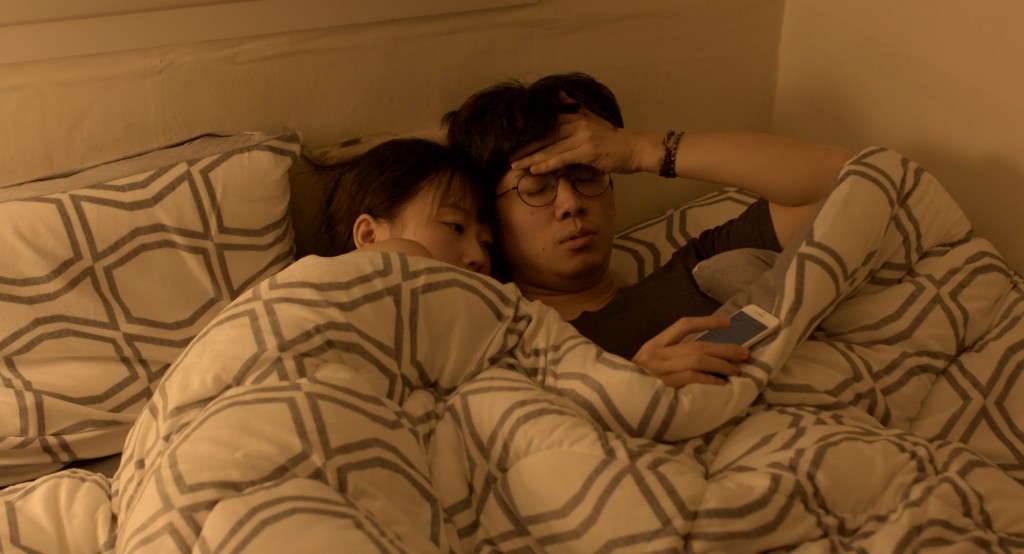THE FIRST LAP Has A Sympathetic Approach Towards Human Relations | Film Review | 12 London Korean Film Festival 2017
THE FIRST LAP Has A Sympathetic Approach Towards Human Relations. The Film Will Have Its UK Premere At The Closing Gala Of 12th London Korean Film Festival 2017 At The Regent Street Cinema On 8th November.
Director Kim Daehwan‘s THE FIRST LAP has a very sympathetic approach towards human relations. Putting in focus the complexities of life, Kim Daehwan in his characters brings out the fragility and firmness in them. The film highlights the changing culture in South Korea. Compared to the old times, the present is in a bit of contrast to it, especially on the issue of marriage. According to this film, which shows an unmarried couple living together, South Korea seems to be accepting the fact of living freely. Despite of all that, the remnants of the past still stand strong. This is evident when the parents of Ji-young(Kim Saebyuk) and Su-hyeon(Cho Hyun-chul) urge them to get into a matrimonial relationship. Then there is the issue of Ji-Young finding out that she has missed a period, putting the couple into a more puzzling situation. THE FIRST LAP Has A Sympathetic Approach Towards Human Relations
Kim Daehwan also brings into focus the relationship between the parents and their children. Ji-young and Su-hyeon occupied in their jobs very rarely get to see their parents. Ji-young is the only child, and despite changing their homes frequently, her parents keep one room decorated solely for her. This shows that despite their differences, they still carry a strong connection between them. Su-hyeon has an elder brother, and his relationship especially with his father is not very smooth. Things don’t go well when he visits his drunken father on his 60th birthday. Bitterness shows in him and his mother’s silence throughout the party, while Ji-young finds herself in an uncomfortable position. There is also a mix of politics in the film. A man heard protesting to arrest and impeach President Park quite evidently shows that the film is set in present times. Do these events have any effect on the young couple? We don’t know that, but it does lay a foundation of the environment and the situation the film is set in. The couple’s visit to a now closed down restaurant famous for its noodles might have been put in to show the repercussions of the political scenario of the country effecting businesses economically. Also, Ji-young’s mother predicts a boom in the real estate industry.
There is also a mix of politics in the film. A man heard protesting to arrest and impeach President Park quite evidently shows that the film is set in present times. Do these events have any effect on the young couple? We don’t know that, but it does lay a foundation of the environment and the situation the film is set in. The couple’s visit to a now closed down restaurant famous for its noodles might have been put in to show the repercussions of the political scenario of the country effecting businesses economically. Also, Ji-young’s mother predicts a boom in the real estate industry.
There are instances when the film seems to just go away from the story being followed. The tight silhouette shots of the actors within the car, with the road visible in the front, make it a bit hard to follow the visual emotions of the characters. The use of music is very minimal and the fim is filled with long continous handheld shots which shows that the actors and the cinematographer had rehearsed well before starting to shoot, or maybe, several takes would have done the job.
The film as a whole is a journey through time which shows a contrast between the young and the old, the past and the present and the traditions and values changing along with time. Kim Daehwan raises many questions, but leaves many unanswered. He raises an awareness to the different socio-economic issues rising in the country. The film is in a way a caricatured portrait of young South Korea, which at times finds itself tangled up in traditions of the old and the freedom of the present times.























